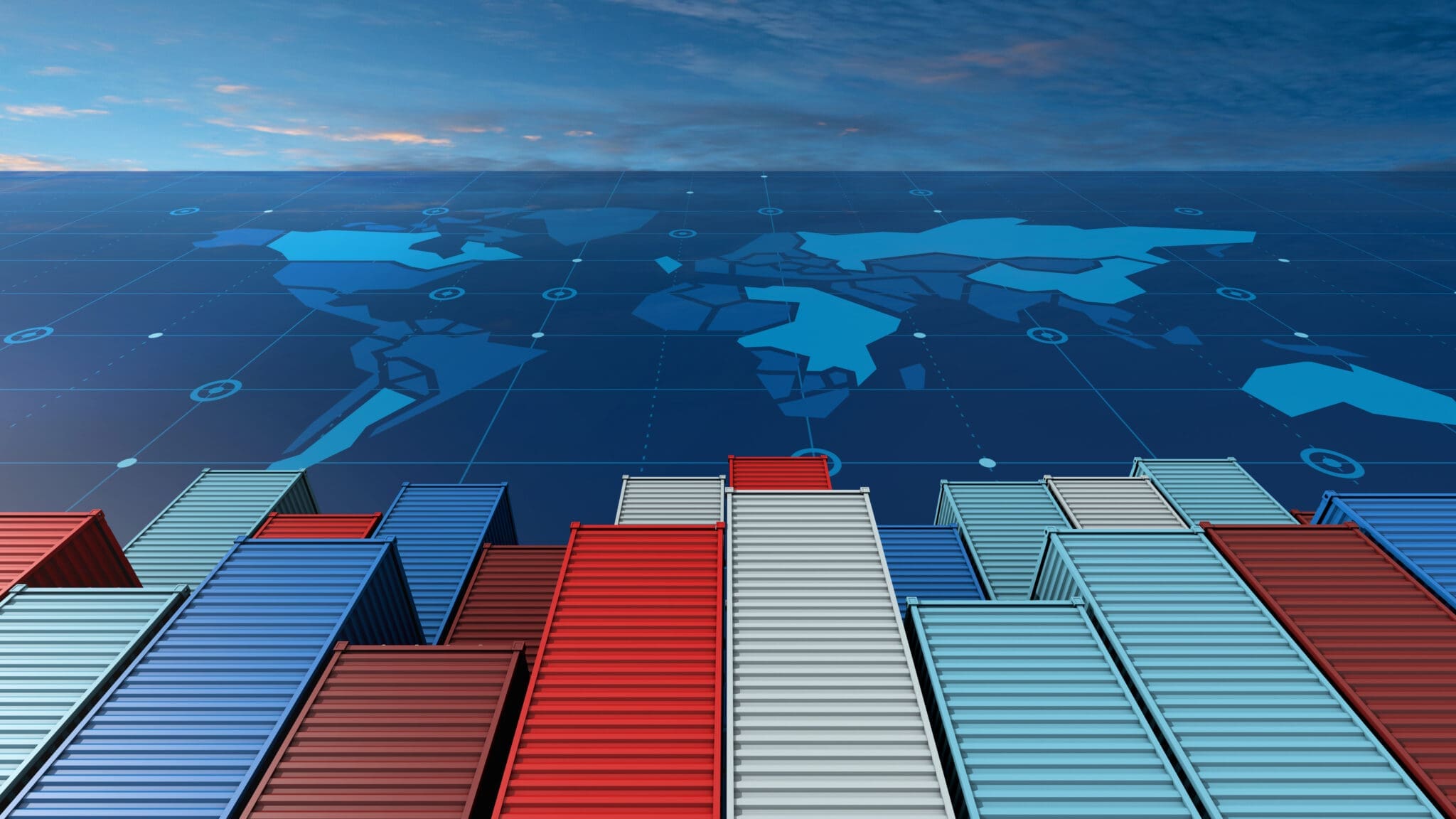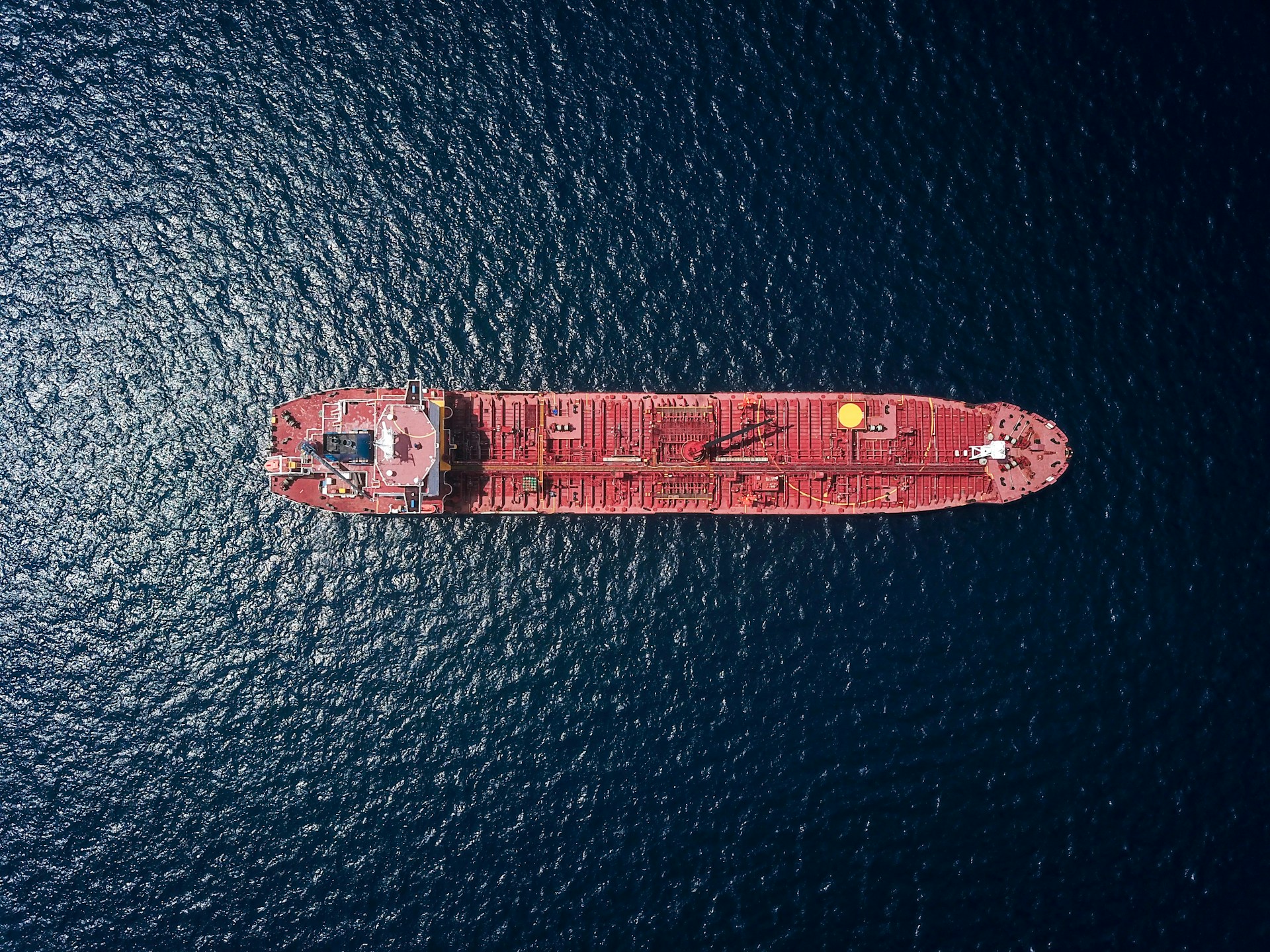The shipping sector faces an array of procurement-related challenges: fragmented supplier assessments, increasingly complex regulations, and growing expectations for transparency in supply chains. In response, the Achilles Maritime Network was launched in 2024 to bring buyers and suppliers together on a single platform and provide more efficient supply chain risk management.
One year on, the initiative is beginning to show measurable impact.
From pilot to participation
What started with five founding buyers has expanded to ten participating organisations, representing a significant cross-section of the maritime industry. More than 1,000 suppliers have joined the network so far, supported through guided registration and engagement activities designed to simplify onboarding.
Before the Maritime Network, shipowners and operators often asked suppliers to complete onboarding questionnaires that overlapped by as much as 90%, creating unnecessary duplication and cost. By bringing these requirements together on a single platform, the network has turned duplication into efficiency, reducing effort for both buyers and suppliers, establishing a standardised approach, and enabling meaningful benchmarking across the sector.
Supplier participation has been strong, with over 80% completing their data publications. This is a higher rate than is typically seen in comparable industry programmes. This success has been achieved through the work of the Achilles supplier engagement team.
Evidence of progress
In its first year, the Maritime Network has begun to deliver more consistent data across compliance and sustainability indicators:
- 817 suppliers have completed enhanced due diligence, providing a deeper picture of risk.
- More than 500 suppliers now demonstrate certified quality management.
- 170+ are reporting ESG data, including environmental management system certifications.
- 180 have disclosed greenhouse gas emissions, with 127 publishing decarbonisation plans.
- Governance data has improved, with clearer reporting on issues such as anti-bribery, modern slavery, and information security.
These figures show increasing harmonisation across the sector, giving buyers more reliable information for decision-making and offering suppliers a clearer framework to demonstrate compliance.
Areas for improvement
The data has also highlighted some gaps that represent potential risks for the industry. Among the areas where suppliers are most often falling short are:
- Cybersecurity and information security policies, where coverage remains limited despite the rising digitalisation of operations.
- Anti-bribery and corruption controls, with some suppliers showing incomplete or inconsistent measures.
- Modern slavery and workers’ rights policies, which vary in quality and scope.
- Carbon management practices, particularly around setting and disclosing reduction targets – an important contributor to the IMO’s GHG reduction targets.
- Insurance coverage, with instances of missing or inadequate public liability protection.
By surfacing these gaps and working with suppliers to provide advice and guidance, the network is helping participants focus their improvement efforts where they may matter most.
The Achilles Maritime Network continues to strengthen resilience and transparency across global shipping supply chains. A key advancement is the rollout of a bank account verification technology platform. This solution authenticates critical documents in real time by capturing original data directly from trusted sources such as banks, utility providers, and government portals. It provides a strong safeguard against fraud while helping organisations meet increasingly stringent regulatory requirements.
At the same time, our partnership with Procureship is transforming maritime procurement. By integrating Achilles’ supplier sustainability performance data into the Procureship e-procurement platform, maritime buyers gain greater ESG visibility to support responsible sourcing. For suppliers, this collaboration offers a competitive advantage by allowing them to display their verified Achilles Sustainability Score, building credibility and trust.
Together, these developments position the Achilles Maritime Network as more than a compliance framework. It is evolving into a platform that enhances supplier performance, fosters transparency, and enables informed, future-focused decision making across the global shipping industry.


